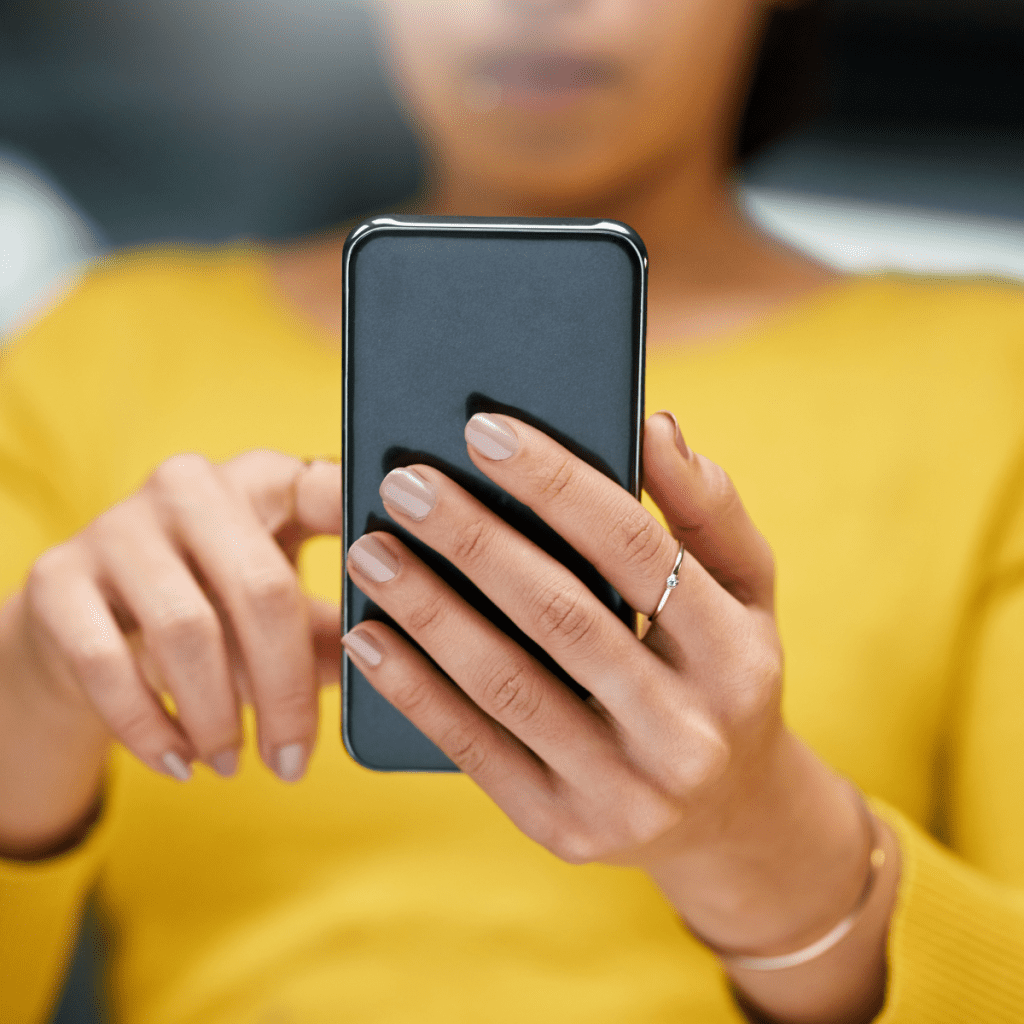When I open Instagram, there’s a face filter where I get a cowboy hat. I automatically get makeup and bigger lips. The next one after that gives me a nose ring and a beard. I could keep going because all of them, even the last one, which makes me look like a man. It still makes me look better face. Filters have become a normal part of our lives, but they’re also messing up how we feel about our own looks.
I’d love to know what your experience is texting. Have you been affected by face filters? Tamsin Rose has been trying out some filters of her own.
“One day in May, I opened up the app just to like, make a video really quickly. I could tell something was wrong, but I could not quite put my finger on it.” This is Tori Dawn. She’s 24 from New Jersey and she’s got more than 300,000 fans on TikTok. “Later on in the week when I tried making another video, put my hand in front of my face and saw the popping of my jaw in and out, and that’s when I realised that there is a filter and I started to look through and see if I could turn it off and I couldn’t.” Yeah, scary, without asking her or even telling her, TikTok had applied a filter to her face and she couldn’t scrap it. “As long as that’s still a thing, I don’t feel comfortable making videos because this is not what I look like.” Yeah, she was really upset by this. She struggled in the past with body dysmorphia, but she’s always liked her face. “I quite enjoyed my androgyny and being able to have a jawline and portray more masculine characters sometimes. If I really wanted to, so the fact that they were auto correcting my face to immediately be more feminine was kind of like, well, alright, I didn’t ask for that.”
It messed with her head. That definitely sucked. But filters aren’t just screwing with us when they’re forced on us. Heaps of us are choosing to use them.
“I am concerned with how deflated I feel when the Snapchat or Instagram filter removes itself or I see my real self after using one sometimes.”
“I got stuck in a trap of telling myself was ok to use the filter because if I didn’t use the filter, I wouldn’t post the photo.”
“It sort of feels strange, particularly as a person of colour of South Asian heritage. Seeing there are filters that can completely modify your personal appearance.”
“It’s really difficult for me not to get sucked into wanting to look a little different sometimes.”
“I definitely spend time thinking about how I would go about getting rid of these flaws and how much it would be.”
Dr. Maya Underwood is an anthropologist from the University of Queensland. She researches how online spaces change how we see ourselves. “Research has showed that users of Tinder, Snapchat people that use Snapchat filters, Instagram filters are more accepting of cosmetic surgery and consider cosmetic surgery to a greater extent than people who don’t.” She says because we’ve gotten used to changing our faces online were also more keen and more willing to make changes IRL.
“Social media exposes us to this different version of ourselves and increases our altered selves, an altered appearance. It also increases our appearance anxiety which leads us to be susceptible to cosmetic surgery.” And heaps of young people are taking the next step. “People are taking filtered photos of themselves to the cosmetic surgeon. Want to look like this best version of myself that I am seeing of myself every time I post on social media.”
Dr. Naveen Somia is a specialist aesthetic plastic surgeon in Sydney. He’s seen this happen in real time people, comparing themselves to heavily filtered people online and to themselves. “Having social media is like having the mirror in one of your hands and to have a window to the world and others and you have access to those two 24/7.” And it’s gotten worse over the past year. “The recent pandemic hasn’t helped. This pandemic has made sure that people are beginning to focus on themselves and their wellness and the so-called zoom effect.”
People are opting for treatments that change their faces in the way filters do. “The top three cosmetic surgical procedures are nose reshaping, eyelid surgery and face, and the top three non-surgical procedures are Botox, soft tissue fillers and laser skin resurfacing.” And while Dr. Naveen thinks treatments can be great for some people, he wants patients to understand what’s driving them. “Just like how when you research your procedure, you do due diligence and find out the right practitioner, the right practise for your procedure. You also need to be aware of the influences that made you take the decision the first step.”

